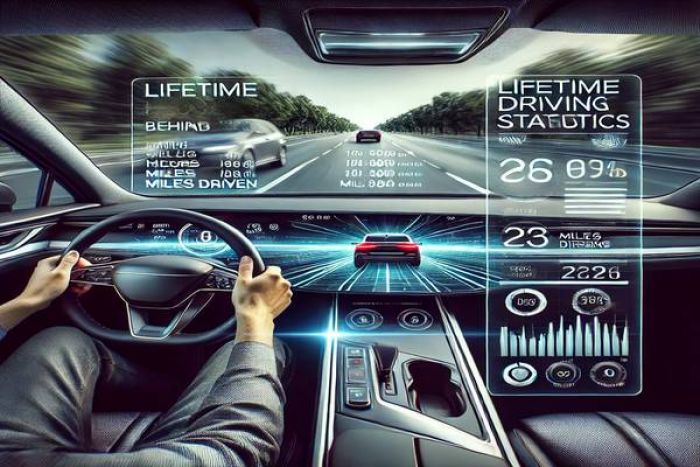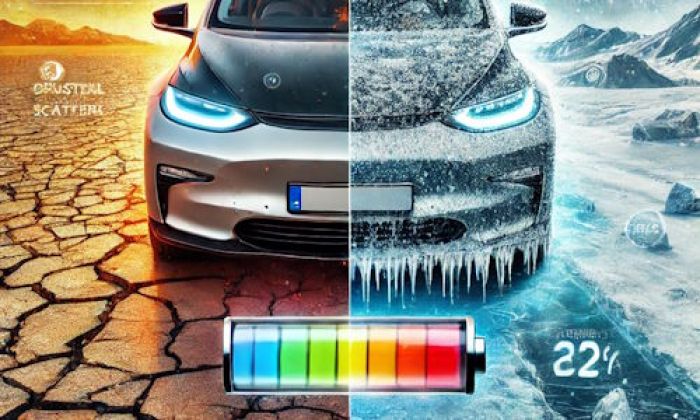The ATC system is Automatic Traction Control and it serves to keep your vehicle on the road whatever happens. It controls the spinning of each wheel and makes sure that all wheels rotate at the same speed unless the car is turning. If it registers a significant difference in wheel spinning, the system makes sure that the car keeps better traction and control on the road.
Traction control warning light highlights
- Common reasons:any problem with traction control
- How to fix:read the codes, check the obvious possible issues
- Possible consequences:traction control may not work
- Priority level:High
- Can you drive?Carefully
- DIY repair:Impossible
- Repair price range:$150-$450

Explaining the ATC light in your vehicle
Usually, the ATC system is found in semi trucks, RVs, and heavy-duty trucks. Passenger vehicles usually have other systems and the ATC light isn't usually found on the dash of such cars. It doesn't mean that light vehicles don't have traction control systems. They do, but the names of those systems are different.
So, the ATC light is on when there is a problem with the ATC system. Also, in some vehicles, this light will be on when the ATC system is activated and helps you control the traction of the vehicle. But in this case, it will go on the dash exclusively during the time of activation. After the ATC system does its job, it goes off automatically.
If you see the ATC light illuminating on the dashboard constantly, you may be sure that there is a problem.
Lots of drivers are surprised that they don't have any codes stored in the control units. Well, the ATC light may be on when the traction control system is fooled by the failing ABS sensor or another unit. In this case, the ATC will be activated and will think that one of the wheels is spinning super rapidly or isn't spinning at all. It will activate to fix the problem. It won't mean that the ATC system is malfunctioning and after the faulty sensor is replaced, everything will come back to normal.
All units that work with the ATC and can malfunction
Before we get to the most common reasons for the ATC light on your dash, I want to tell you more about the traction control system and what units it uses for its operation. This will help you solve the problem if one of the exotic elements fails.
Here are the units:
- wheel-speed sensors - they tell the system when one of the wheels spins too fast or doesn't spin at all;
- ABS system - with the help of the ABS, the traction control module can use brakes to stop wheels from spinning or unblock them when needed;
- engine sensors - in many vehicles, the throttle position sensor and other units of your engine are connected in the ATC;
- electronic stability control - this is yet another safety feature that works together with traction control to reduce the chance of losing stability;
- ATC control module - this is the separate computer that communicates with all the units and systems to make sure you control the vehicle at all times;
- wiring - all the systems are connected with wires and these wires may easily go bad, especially in older vehicles.
These are just the most important units that work together to make sure you properly control the traction in your car. In different vehicles, some other systems and units may join the process of traction control. And the amount of these units will actually change the way you should troubleshoot the system.
It's important to remember that sometimes the problem may be a ghost issue that doesn't depend on any of the units in the ATC system. The problems may also come from electrical supply, battery power, ECU glitches, or whatever.
The most common reasons for the problem
When you see the ATC light staying on the dash at all times, you may be sure that the traction control is not working properly. It may now be pressing the brakes on one of the wheels or trying to ensure you have full control of the vehicle when it's not needed because you already have full control.
Here are some of the most common reasons you should check:
1. ABS system sensors and wires
Your anti-lock braking system is one of the key elements in the list of tools that the ATC system uses. If one of the ABS sensors goes bad, the entire safety system of the car may stop working properly.
It's not that easy to check the ABS sensors. You may need some help with this. Or you may find the guide on how you can do this on your own without paying the shops or dealers.
2. Different electronic modules
The ATC system relies on several electronic control modules such as the ATC unit, ABS module, ESP (or ESC) control module, and the ECU. As you know, all electronic modules have one common weakness - they are afraid of water. If they were damaged by water, they wouldn't work well and would probably glitch as crazy.
Checking and repairing the modules is certainly not a DIY task. You will need special equipment and some experience to do this.
3. Wires and connections
In older vehicles, wiring is one of the pains in your neck. Wires may break, and connections can corrode. I don't mean just direct connections in the system. The problem may be with one of the ground wires that has corroded or fallen off.
While you can try to find the broken wire, it's just like trying to find a coin in the bottom of the sea. Maybe, it's better to ask a professional mechanic to help you with this.
4. Electricity supply
Your vehicle needs a proper power supply. For this, it uses the battery and also the alternator. The battery usually works when starting while the alternator supplies all the systems with power when the engine is running.
Both units may lead to problems with the ATC system. If the battery power is very low, the alternator will try its best to charge the battery and will probably fail to deliver the needed power to other modules. If the alternator is faulty, the battery will drain out quickly and the vehicle will just die. Before it dies, it will develop different glitches and the ATC light is one of the possible ones.
5. Software failure
It's not that uncommon for vehicles to develop software problems. One of the control units that works together with the ATC unit may fail. In this case, you may try one DIY trick - disconnecting all the batteries for some time and letting the electronic units reset and do their job properly. Sometimes, this will help and let you avoid paying money to the repair shops.
How can you try to reset the ATC system on your own?
There are little to no ways to reset the system without resetting all the other control modules in your vehicle. For this, you will need to disconnect the battery (or the batteries). Here's how you do that:
- locate all the batteries that are connected to your car and power the system;
- disconnect the negative terminal first;
- after that, disconnect the positive terminal;
- let the vehicle sit for about 10-15 minutes;
- connect the positive terminal, then connect the negative one;
- check if the problem disappeared.
This is the simple way to safely reset the electronic control modules and check if the problem with the ATC is connected to a glitch in the system. This may also help you get rid of some other ongoing problems.
When will you need professional help?
It's obvious that solving this problem on your own is pretty hard unless you have some experience as a car mechanic and several specific tools for diagnosing and repairing your car. It's sometimes pretty obvious that without professional help you aren't likely to succeed in repairing the vehicle.
But if one mechanic tells you that the repair is super expensive, I believe you should check that with some other guys just to compare what they say. This method sometimes may help you get a much better repair for a much lower price.
Final thoughts
If you ever happen to see the ATC light on the dash of your truck or RV, you now know what you need to do. Try resetting the control units by disconnecting the battery. Also, you may use the code scanner to see if there is a certain problem with your vehicle's electronic system. If you can't locate and solve the issue on your own, it's now the best time to ask for professional help.
About the authors
The CarAraC research team is composed of seasoned auto mechanics and automotive industry professionals, including individuals with advanced degrees and certifications in their field. Our team members boast prestigious credentials, reflecting their extensive knowledge and skills. These qualifications include: IMI: Institute of the Motor Industry, ASE-Certified Master Automobile Technicians; Coventry University, Graduate of MA in Automotive Journalism; Politecnico di Torino, Italy, MS Automotive Engineering; Ss. Cyril and Methodius University in Skopje, Mechanical University in Skopje; TOC Automotive College; DHA Suffa University, Department of Mechanical Engineering






Add comment